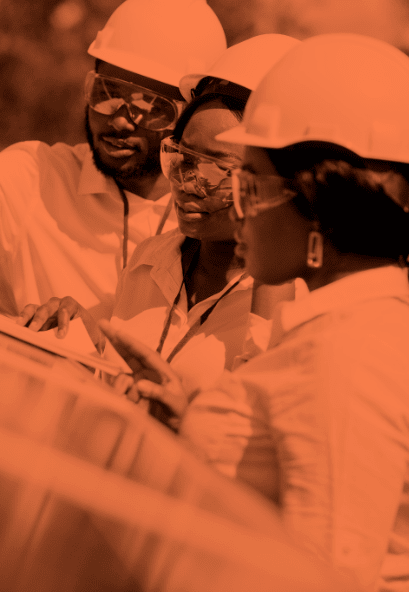Priority Areas
In its FY21-23 strategy, MIGA set a goal to deepen its commitment across two critical areas: a. Increasing engagement in IDA-eligible countries and Fragile and Conflict-affected Situations (FCS), and b. Increasing its support for projects that address climate change. This fiscal year, 85 percent of the supported projects addressed one or more of these strategic priority areas.
Investor interest in ESG investments has grown exponentially in recent years.
Currently, assets under management that abide by ESG principles exceed an estimated US$1 trillion. MIGA backs investments in projects that deliver positive environmental and social returns by helping clients better understand ESG-related impacts and returns and ensuring that ESG considerations are part and parcel to the agency’s project portfolio.
ESG integration at MIGA:
- Pre-screening all projects for social and environmental impact
- Gathering development effectiveness indicators from clients
- Applying MIGA’s Impact Performance Assessment and Comparison Tool (IMPACT) framework to assess a project’s expected development impact
- Ensuring that projects meet the MIGA Performance Standards on Environmental and Social (E&S) Sustainability
- Verifying ESG impact through ex-post evaluations
- Assessing climate risk.
MIGA helps investors raise the bar on ESG objectives:
- Ensuring that investments meet vigorous and internationally recognized standards
- Working with clients to continually monitor and report on E&S impacts
- Allowing clients to enter markets they otherwise would not have been able to reach, which can bring high development returns.
Innovation makes it possible for MIGA to do more with its limited range of products, broaden its development impact, and evolve alongside a dynamic investment market in developing economies. While keeping a finger on the pulse of these markets, the agency has cultivated new innovations that will help to deliver the best possible development outcomes for countries and help its clients further their investment potential.
Expanding collaboration that encourages productive use of political risk insurance is essential for unlocking material private capital, which in turn contributes to achieving the Sustainable Development Goals, boosting shared prosperity, and ending extreme poverty. To this end, MIGA works to enhance coordination with international financial institutions (IFIs), industry partners, and across the World Bank Group.














